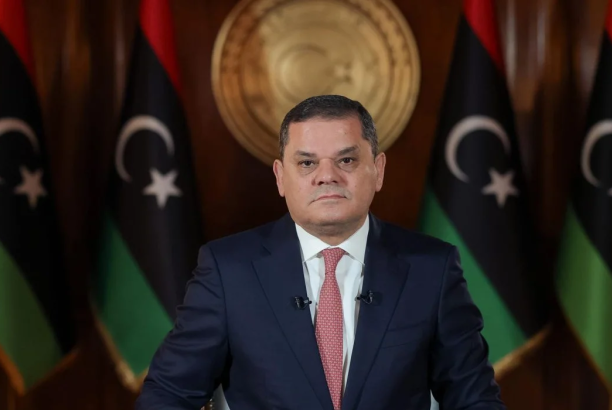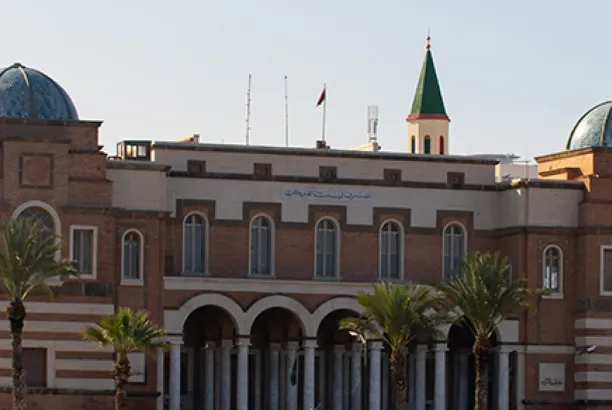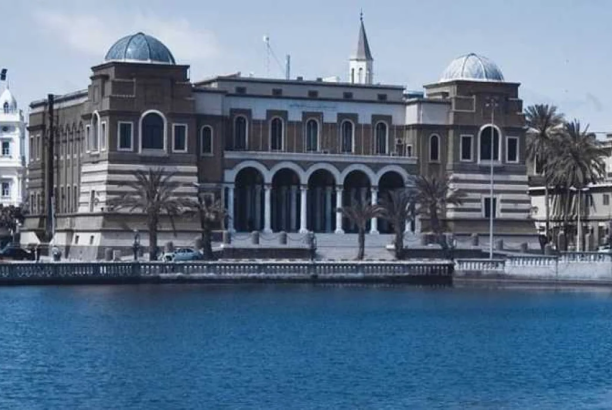
| News
Al-Manea Writes: EY Audit Announcement — “A Delayed National Commitment and a Boost to LIA’s Status and Opportunities”
Advisor Mustafa Al-Manea wrote: EY’s audit announcement is “a delayed national commitment and a boost to the status and opportunities of the Libyan Investment Authority (LIA).”
In a time when geopolitical changes accelerate and developing economies grow more fragile, strict financial governance takes on importance beyond its technical dimension and institutional compliance. It becomes an essential condition for building trust, enhancing reputation, establishing partnerships, and bridging access to international capital markets.
In this context, the achievement of the Libyan Investment Authority (LIA) in conducting a neutral and independent external audit of the consolidated financial statements of one of its largest and most important long-term portfolios — after a comprehensive audit carried out by Ernst & Young (EY) — announced in the capital, Tripoli, on July 28, 2025, marks a pivotal moment in the institutional transformation journey. It is a practical indicator of the institution’s progress in its challenging path toward transformation and a ray of hope for launching Libya’s commitment to disclosure and transparency.
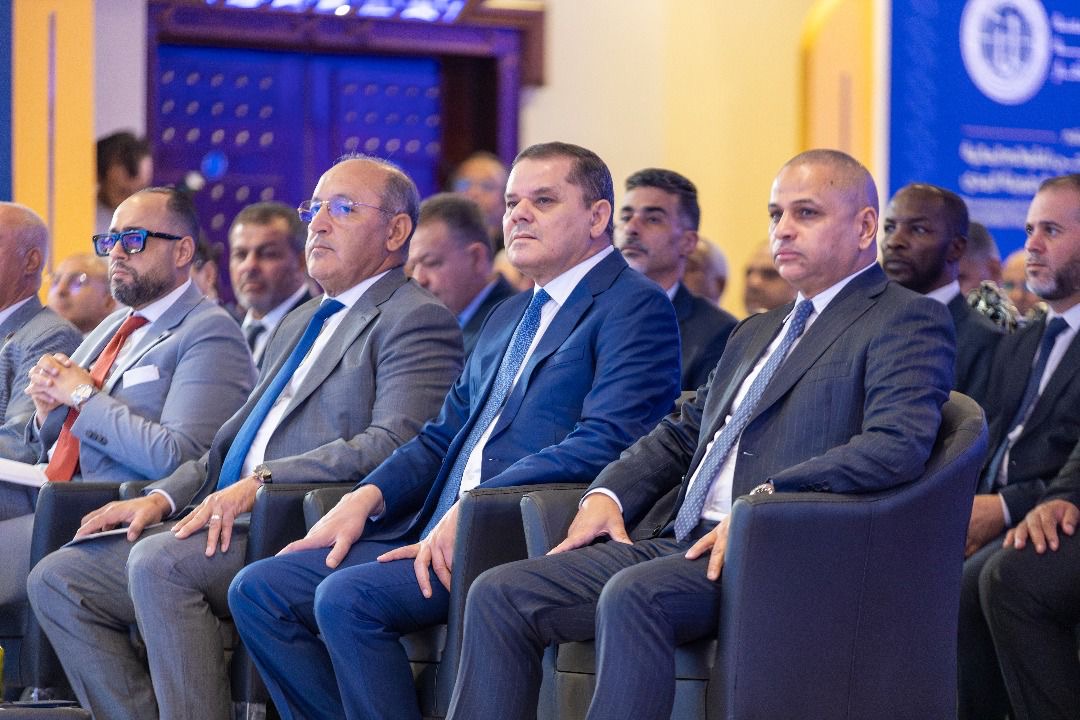
“The Missing Approach of Transparency and Governance”
This review conducted by the Libyan Investment Authority (LIA) — the first of its kind in Libya in terms of comprehensiveness and adherence to international IFRS standards — comes at a critically important time both internationally and nationally.
Nationally, the state’s failure to fulfill disclosure and transparency duties since before 2011 and thereafter is no secret. This failure goes beyond practices and is not remedied by initiatives; it has become structural, complicating financial governance requirements. A prominent manifestation is that the last finalized and approved state financial account in Libya was for the fiscal year 2009. Since then, subsequent final accounts have not been approved, despite continuous efforts by the Ministry of Finance and the Audit Bureau. However, these efforts have not yet succeeded in achieving closure and ratification due to multiple intertwined reasons that do not necessarily stem from the Ministry of Finance or the Audit Bureau, and are beyond the scope of this occasion to enumerate.
This ongoing delay of more than 15 years is one of the clearest signs of institutional weakness in the financial system.
It goes without saying that the state’s final account is the essential tool for accountability and financial performance oversight, a serious means for evaluating public expenditure efficiency, and the foundation for financial planning.
Internationally, the UN Security Council’s Sanctions Committee has praised, in recent reports, the progress achieved in governance and transparency within the institution. It considers the work of Mr. Ali Mahmoud, the board of directors, and its subsidiaries as a model of responsible management in a challenging environment. In January of this year, the committee stated that the institution now possesses the tools to be a key player in international markets.
This UN endorsement confirms that Libya has institutional models capable of complying with transparency and governance standards. This certificate is not given as a compliment, but is based on technical reports and periodic investigations that include reviewing asset movements, the integrity of allocation and employment decisions, and internal control mechanisms.
“Huge Potential Prepared for Optimal Deployment”
The Libyan Investment Authority is one of the largest sovereign wealth funds in Africa and the Arab region. Its total assets are estimated at more than $70 billion, invested in over 30 countries across most continents, distributed over more than 500 companies and financial and investment entities. Despite the size of these assets, their actual deployment and operational efficiency over the past decade have not reached the level of their potential. This makes the announcement of the portfolio review a strategic tool within the institution’s plan to employ idle wealth more intelligently and effectively.
“A Changing Global Economy and More Influential Sovereign Funds”
The world today is witnessing profound economic transformations that pose challenges and reshape the global finance landscape.
Global trade growth slowed to about 2.9% in 2024, compared to 6.2% in 2021, according to World Trade Organization reports. This slowdown reflects cumulative effects of geopolitical pressures, supply chain constraints, and tightened monetary policies in major countries.
In the United States, federal interest rates peaked at 5.5% in 2023 before gradually declining during 2024 to stabilize around 4.5% by mid-2025. This prior increase raised global financing costs and affected capital flows toward emerging markets, which experienced pressures on their currencies and public budgets.
Here sovereign wealth funds stand out, continuing to expand as major players in the global economy, with total assets exceeding $11.5 trillion. Their influence is clear in vital sectors such as technology, renewable energy, real estate, and supply chains.
For example, Norway’s Government Pension Fund Global — the world’s largest sovereign fund — with assets of about $1.78 trillion invested in more than 8,700 companies across 71 countries; the Abu Dhabi Investment Authority (ADIA), with assets exceeding $1 trillion, features a diversified portfolio spanning advanced and emerging markets; the Saudi Public Investment Fund (PIF), which continued rapid growth with assets surpassing $1 trillion by 2025, has intensified investments in artificial intelligence, clean energy, healthcare, global infrastructure, and embraced unconventional sectors such as sports and entertainment, strengthening its role as a key player in the digital economy and energy transition; and Qatar Investment Authority (QIA), owning assets exceeding $475 billion with investments in major companies across Europe and Asia.
These shifts indicate that the global economic landscape is being reshaped by new balances between traditional monetary policies, major sovereign actors, and geopolitical trends.
In this context, sovereign wealth funds appear as strategic tools not only for protecting national wealth but also for supporting long-term economic development strategies and achieving global financial and investment influence.
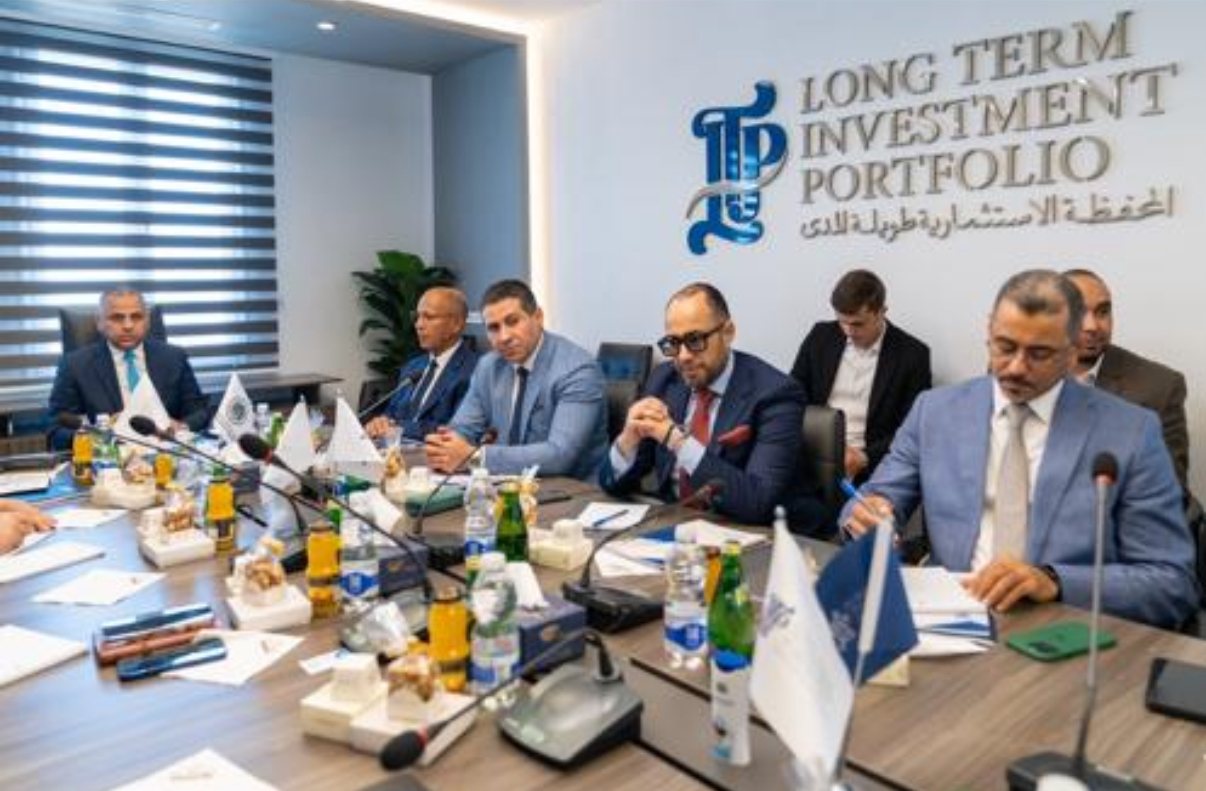
Libya Between Dormant Potential and the Need to Activate Development
It is no secret that the Libyan economy still suffers from severe structural distortions. While oil revenues account for more than 95% of total public revenues, youth unemployment rates exceed 20%, and Libya’s trade openness ratio surpasses 100% of GDP, reflecting the fragility of the local productive base. The private sector’s contribution to GDP does not exceed 7%, at a time when the national economy requires annual investments exceeding $15 billion to stimulate real growth and create sustainable job opportunities.
Therefore, directing a portion of the Libyan Investment Authority’s assets inward—by seizing viable investment opportunities with prudent investment tools, reliable partnerships, and professional management—can represent a turning point in managing sovereign surplus.
As noted by the Chairman of the Board of Trustees of the Authority and Prime Minister of the Government of National Unity, Engineer Abdelhamid Dbeibeh, during the announcement of the neutral audit results on the portfolio: “We are at a stage that requires institutions that possess the courage to initiate and discipline in execution.” Here, investment opportunities in the oil, gas, and renewable energy sectors emerge as promising, especially given the presence of a qualified national partner represented by the National Oil Corporation, foreign partners capable as global oil companies operating in the Libyan market, and most importantly, the confirmed investment opportunity embodied by the core of investment — oil, gas, and renewable energy — alongside growing demand for these opportunities from European and global markets. Here, the importance of the international audit conducted by the Libyan Investment Authority is highlighted as a tool to regulate investment pace domestically and as a safeguard for selecting the best opportunities in terms of investment return and national developmental value.
“The Audit Report Is a Tool for Reform, Not Archiving”
From my position on the Board of Directors and alongside my colleagues, we rely on the true value of this report as a tool for reform, not just an archival document. Unifying audited financial statements according to international standards enables us to build effective performance evaluation systems and grants us the ability to make strategic decisions based on actual data.
More than that, it provides the Authority with an updated financial database through which internal rate of return (IRR) for portfolios can be studied, economic value added (EVA) can be analyzed for each sector, and future financing gaps can be assessed.
“Reviving National Institutions”
What has been achieved is more than a financial accomplishment; it is the rebuilding of a new narrative about Libya’s potential internal recovery through its sovereign tools. Strong institutions are built, not imported, and trust is not bought but grows through discipline, transparency, and long-term planning.
This makes this report — both in content and symbolism — one of the clearest indicators that Libya is capable of entering a genuine reform path, and that its sovereign fund can shift from a frozen tool to a growth engine, and from a subject of international monitoring to a partner worthy of respect, provided we continue to keep this fund away from political entanglements and preserve its independence and professionalism.
In Conclusion:
Our commitment to transformation requirements remains firm, and our duty to complete the comprehensive review of all our assets, portfolios, and companies is due. This process has already begun, and the Authority has started to reap its benefits thanks to a Board of Trustees and Board of Directors fully aware of their mission, combined efforts, greater openness to leading international expert firms and trusted foreign partnerships, and the Authority’s ongoing “Tamkeen” initiative to qualify and employ a generation of creative Libyan youth whom it has empowered over the past three years. We rely on them to sustain achievements and realize comprehensive transformation.
The main goal remains achieving sustainable rewarding returns and increasing the market value of assets, with enhancing Libya’s economic position as the broader objective.
Thus, we can move from documentation to empowerment, from evaluation to impact, and from governance to leadership.
Advisor Mustafa Al-Manea is a Libyan lawyer and legal and economic expert with over 23 years of experience. He has worked with a number of investment institutions, sovereign wealth funds, and banks in several countries around the world, in addition to Libya. He serves as an expert for international research centers and has worked as a lecturer and trainer for the American Bar Association and the European Bar Association. He worked for years as an advisor to the Central Bank of Libya and as a board member of the Libyan Investment Authority and the Libyan Foreign Bank. He also heads the executive team for the Prime Minister’s initiatives and strategic projects, and was a member of the oil and gas project financing team. He has represented Libya in meetings of the World Bank and the International Monetary Fund and has published numerous research papers and articles in Arab, American, and European newspapers.


